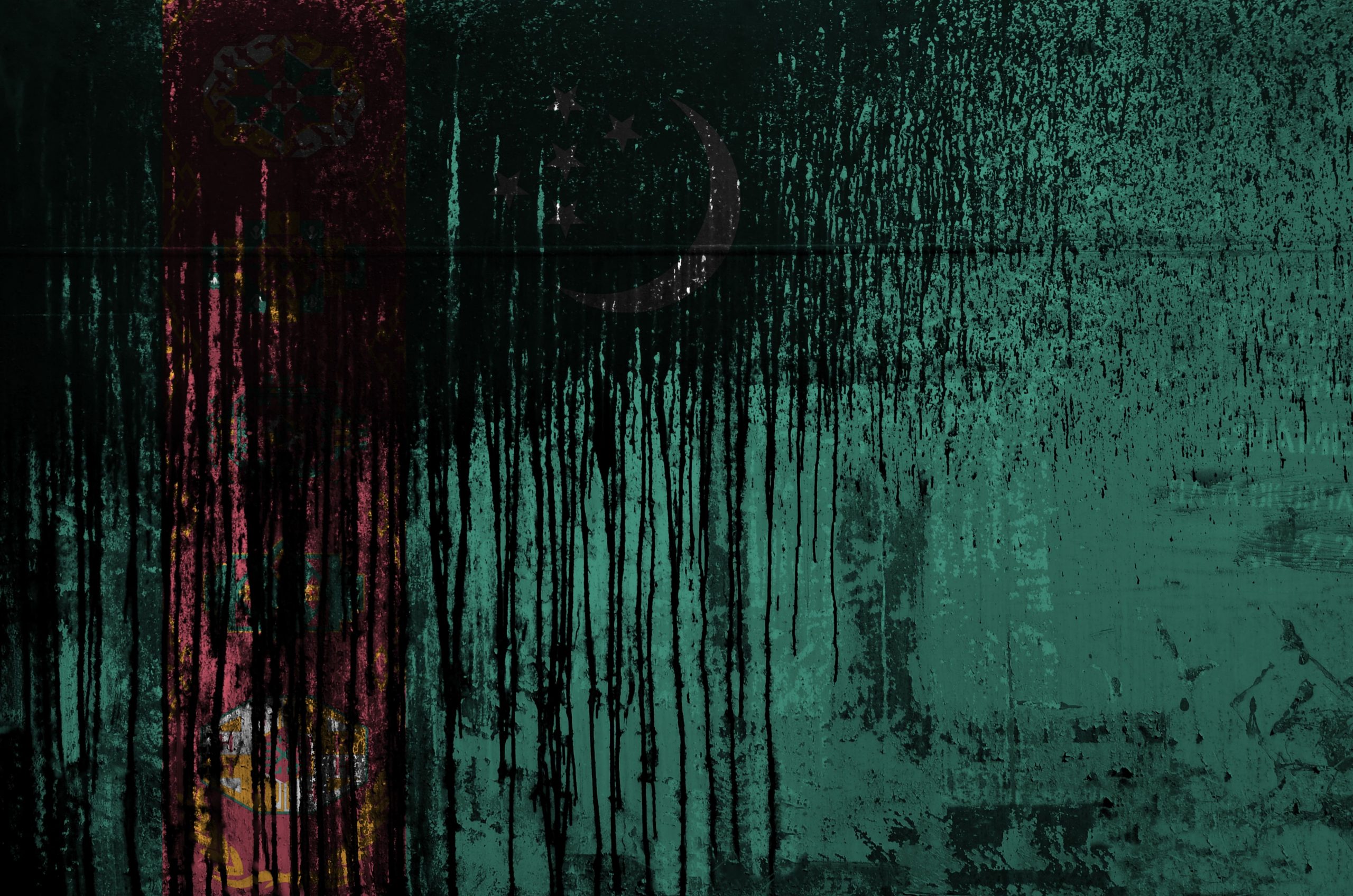It may not be immediately understandable why Crude Accountability, an environmental and human rights organization working with communities impacted by oil and gas development, would be a member of the Prove They Are Alive! campaign. This blog post explores the connection between hydrocarbon development and human rights.
About the author: Kate Watters is the executive director of Crude Accountability
Prove They Are Alive! is an international human rights campaign, founded in 2014, which strives to hold the government of Turkmenistan accountable for the countless disappeared people in its prison system. Crude Accountability is proud to be a founding member of Prove They Are Alive! and pursues the goals of the campaign steadily together with our partners.
But what are the connections between oil and gas development and the disappeared? Perhaps not readily apparent, they should give each of us pause as we participate in a hydrocarbon-fueled world.
Turkmenistan has the fourth-largest reserves of natural gas in the world. Over 50 percent of GDP comes from hydrocarbons, 90 percent of exports, and 80 percent of fiscal revenues come from the oil and gas sector. Most of this money is controlled directly by the president of the country, Gurbanguly Berdymukhamedov, who is one of the world’s most authoritarian dictators. Oil and gas development is completely unaccounted for.
More on that: The Private Pocket of the President report (2012).
Where does all the money go? Turkmenistan’s population is impoverished; the healthcare and education sectors and other services receive less and less financial support from the government.
However, the country’s prison system holds over 30,000 prisoners according to 2013 data, with 583 prisoners per 100,000 population, a proportion significantly higher than in other Central Asian countries. Torture is widespread throughout this system.
Political prisoners are housed in the infamous Ovadan Depe prison, which only rarely (and recently—in the past eighteen months for the first time ever, visitors were allowed to see imprisoned family members) allows visitors, and to which no international observers, including from the International Red Cross, have ever been allowed access.
Reports from Ovadan Depe, which are chronicled in the Prove! campaign’s report, Medieval Torture in Modern Turkmenistan, paints a desperate picture of horror, torture, malnourishment, cold, illness, and other cruelty within the walls of the prison.
More on that: Medieval Torture in Modern Turkmenistan report (2014) and Updates to the report (2020).
Turkmenistan’s prison system is financed by revenues from the hydrocarbon sector. This means that the oil and gas companies and international financial institutions that provide lending to them are complicit in financing this system into which people simply disappear.
The Prove They Are Alive! campaign has documented 121 cases of disappearances, and we know there are more. Western governments that court the Turkmen regime are complicit in this illegal and horrific practice as they invite President Berdymukhamedov to participate in international gatherings, conduct trade, and engage in political posturing.
Turkmenistan is a member of the Organization for Security and Cooperation in Europe. It is a member of the United Nations. It is a signatory of numerous international conventions, including the UN Convention Against Torture. However, because of its poor human rights record, including the issue of the disappeared, Turkmenistan is the only Central Asian country with whom the European Union has not signed a partnership and cooperation agreement.
The Natural Resource Governance Institute gave Turkmenistan the lowest score possible—it was ranked 88 out of 89 countries—in its analysis of resource revenue transparency, and Turkmenistan’s state-owned natural gas company is the most poorly managed state-owned enterprise in Eurasia.
At the same time, Turkmenistan is among the world’s most repressive regimes, coming in among the “worst of the worst” in Freedom House’s 2019 report on freedom in the world.
The connections between oil and gas development and human rights in Turkmenistan are stark and incriminating when viewed through the lens of the disappeared and the money that funds the cruel prison system that holds them.
All of us must demand accountability from the government of
Turkmenistan and the international institutions that legitimize this cruel
regime to Prove They Are Alive!

